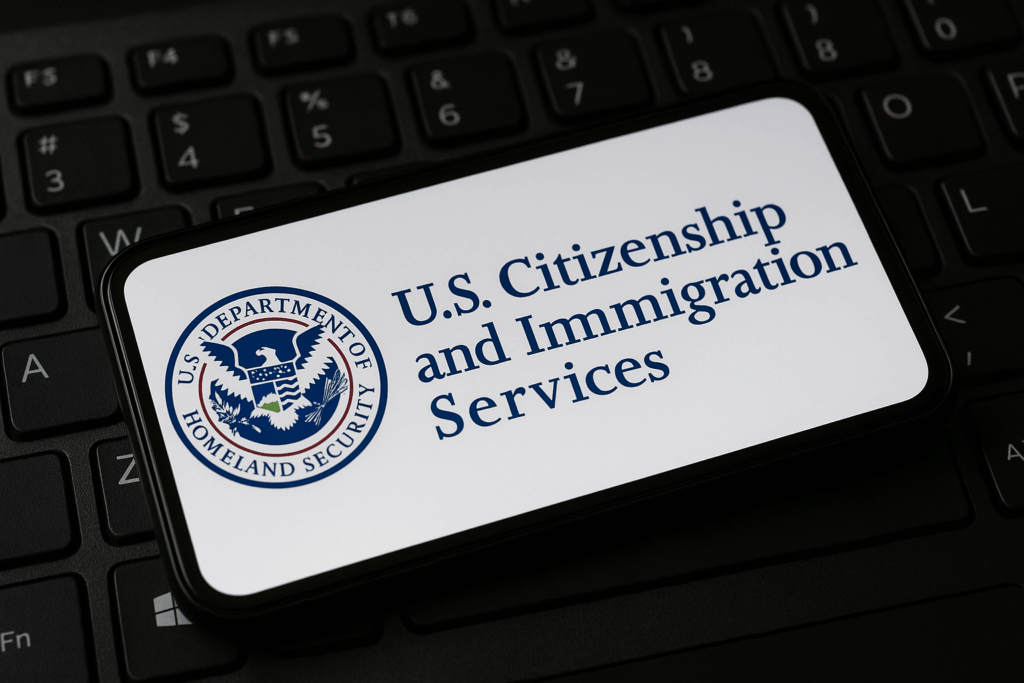
On August 19, 2025, U.S. Citizenship and Immigration Services (USCIS) updated its Policy Manual, expanding the factors immigration officers may consider when reviewing applications for visas, green cards, and naturalization.
For the first time, USCIS has instructed officers to weigh evidence of anti-American beliefs, antisemitic views, or support for terrorism as “overwhelmingly negative factors” in discretionary determinations. This signals a major shift in how the agency balances legal eligibility with ideological vetting.
A New Emphasis on Ideological Loyalty
Traditionally, USCIS decisions have focused on statutory requirements; such as admissibility, legal residence, and background checks. Discretionary review was usually applied to issues like financial stability, health, or prior immigration violations.
The new policy directs officers to consider whether an applicant has “endorsed, promoted, supported, or otherwise espoused anti-American, antisemitic, or terrorist activity.” Even if an applicant meets all legal requirements, such findings can now tip the scale toward denial.
Expanded Scrutiny of Social Media and Public Statements
USCIS has also expanded its social media vetting and open-source research. Online posts, affiliations, or public statements that suggest anti-American or antisemitic views may now be flagged during discretionary review.
Examples of conduct that could negatively affect an application include:
- Online posts expressing support for designated terrorist organizations
- Statements endorsing violence against Americans or U.S. institutions
- Public association with antisemitic or extremist groups
While the policy does not create new statutory bars, it allows officers to treat this type of evidence as a decisive negative factor.
Concerns About Free Expression and Vagueness
Immigration advocates argue the USCIS anti-Americanism guidance is vague and risks targeting political dissent. Because “anti-Americanism” is undefined, critics warn the standard could be stretched to cover legitimate criticism of U.S. policies.
Civil liberties groups have raised concerns about free speech on social media, noting that posts may be taken out of context.
For more context, see our article on USCIS Good Moral Character Policy Updates
Who Is Affected by the new USCIS Anti-Americanism Policy?
The new guidance applies broadly, including to:
- Naturalization applicants seeking U.S. citizenship
- Adjustment of status applicants applying for green cards
- Nonimmigrant visa holders seeking extensions or changes of status
- Asylum applicants whose discretionary eligibility may be weighed against online activity
Because this operates at the level of officer discretion, appealing or overturning such denials may be challenging.
What The USCIS anti-Americanism Policy Means for Applicants
The USCIS anti-Americanism policy represents a higher standard of ideological review in immigration cases. Applicants should expect their online presence, public statements, and associations to be scrutinized in addition to their legal eligibility.
At Ricci Law, we help applicants:
- Review and address online or public materials that may raise concerns
- Provide explanations or context for past statements or associations
- Build strong evidence of community ties and positive contributions to offset risks
If you are applying for immigration benefits, contact Ricci Law today to understand how the USCIS anti-Americanism policy may affect your case and what proactive steps you can take.